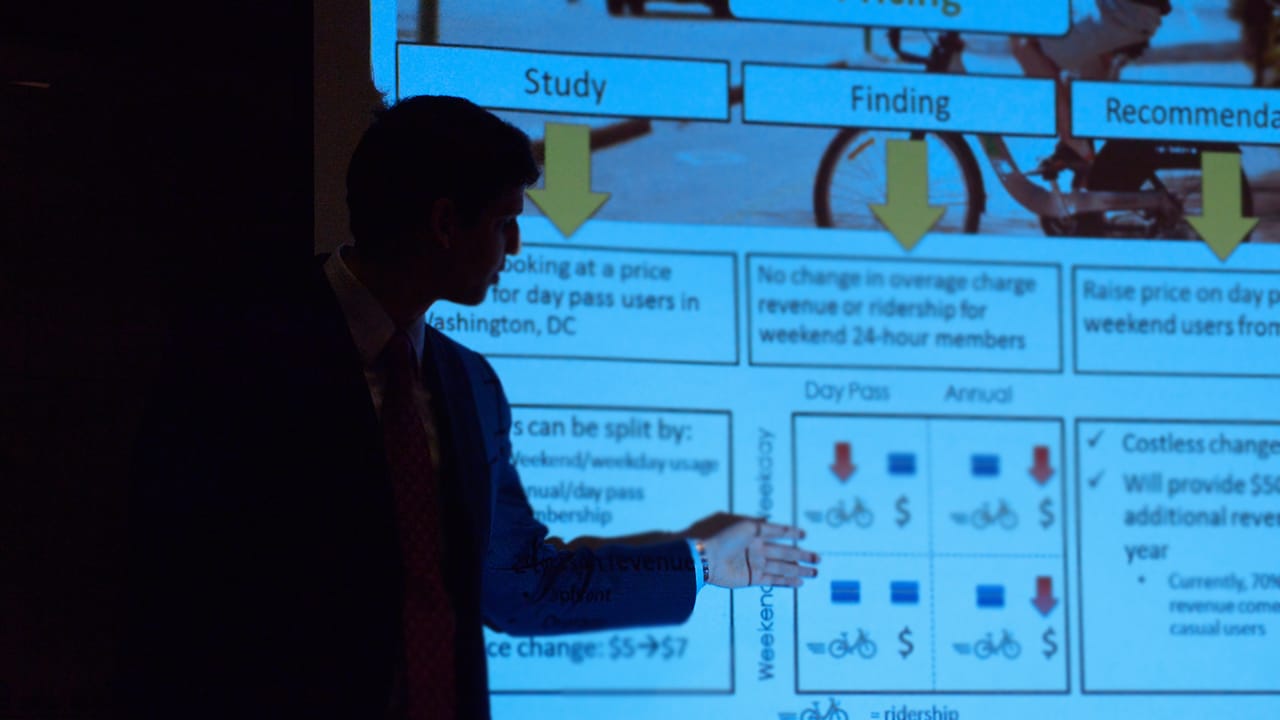
Science, Technology and Data
How are dramatic developments in science and technology changing the public sphere? Can data be harnessed for the goal of good governance? What is the future of privacy?
Latest Article

An Interview with OpenAI CEO Sam Altman
On May 1st, HKS Student Policy Review Senior Editor Chacier Alexander sat down with OpenAI CEO Sam Altman to discuss the future of artificial intelligence.Explore all Articles
filter by–Region
filter by–Country
search by–Keyword
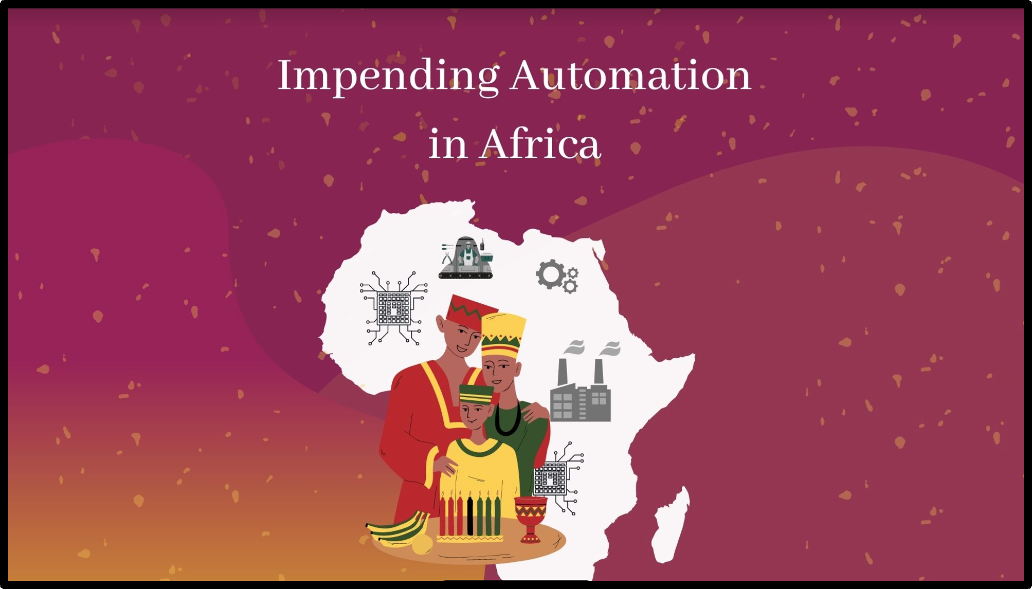
There’s no such thing as a free lunch: Why African economies should be concerned about impending automation
02.25.22
Notwithstanding COVID-19’s sudden and damaging blemish on African Foreign Direct Investment, the continent has been subject to consistently increasing foreign investment in recent history. From US$ 1.1 billion per year in the 1970s to US$ 2.2 billion in the 1980s to more than US$ 35 billion on average during the 2000-2008 period, multinationals are looking […]
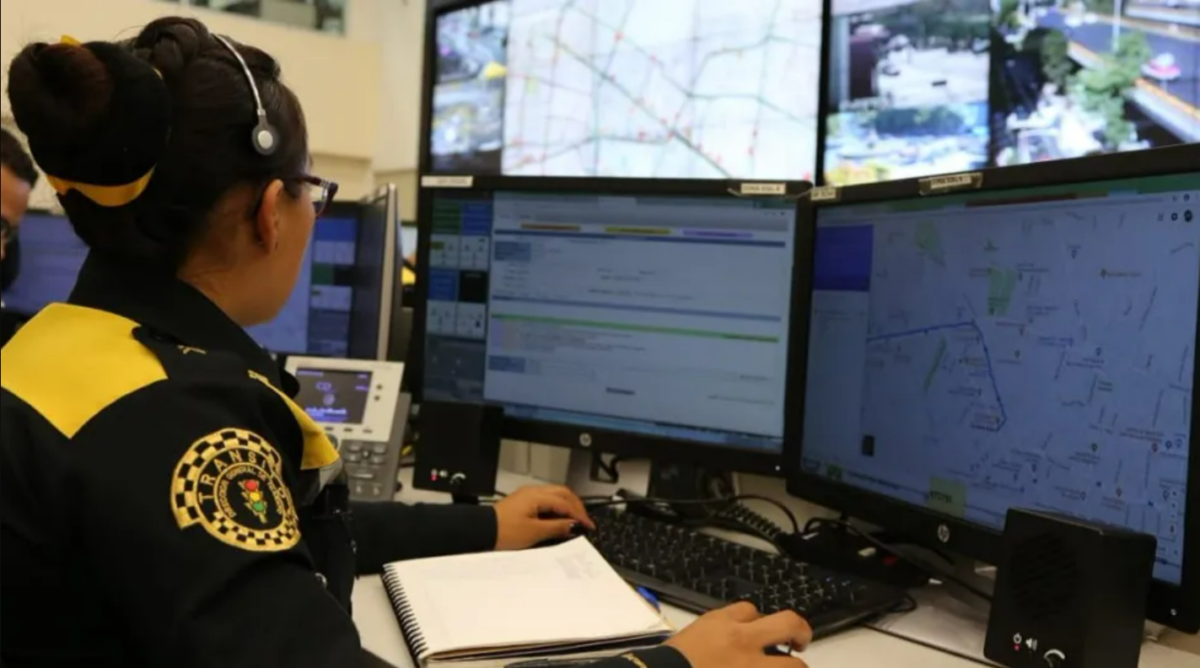
Digital Innovation for a Crime Control Strategy in Mexico City
02.12.22
Crime, violence, and a weak rule of law are among Mexico’s most pressing issues. In 2018, the country was ranked 99 out of 102 countries in terms of Order and Security in the World Justice Project Rule of Law Index (WJP 2019). Mexico City is not the exception, where crimes have increased by 58% in […]

Deepfakes: The Implications of this Emerging Technology on Society and Governance
12.11.21
Luke Seow argues that Singapore is currently not well positioned to deal with the emergence of deepfake technology, and that this poses significant risks for national security and social cohesion. He highlights gaps in the current legislative framework, as well as lessons that can be drawn from other countries’ approaches to combating this emerging challenge. He then makes policy recommendations for Singapore to mitigate the potential dangers of deepfake technology.

COVID-19 Pandemic: Digital Financial Inclusion as Public Health Tool in Africa
10.11.21
Financial inclusion is a particularly serious issue in Africa. In 2018, only 43 percent of the population in Sub-Saharan Africa was financially included.1 The rate of financial exclusion is highest among the most marginalized communities: women, young people, and those with low levels of education, low-income and rural populations. The 2019 novel coronavirus disease (henceforth, Covid-19) […]

[Reading Group] Collective Summary #4: Tying It Up — Truth & Regulation, Privacy & Power, Smart Nation & Cyber Leadership in ASEAN
06.7.21
The following is the last of four collective summaries published by the Singapore Policy Journal’s reading group on Digital Technology. Each collective summary is a product of the topics discussed and the various research directions of the members of the reading group. The reading group comprises various individuals from multiple backgrounds, providing a multidisciplinary approach […]

Silicon Valley Can Meet its Cybersecurity Obligation Through a New Cyber Corps
05.24.21
Silicon Valley has an obligation to secure America’s technology infrastructure. Here is how they can help.
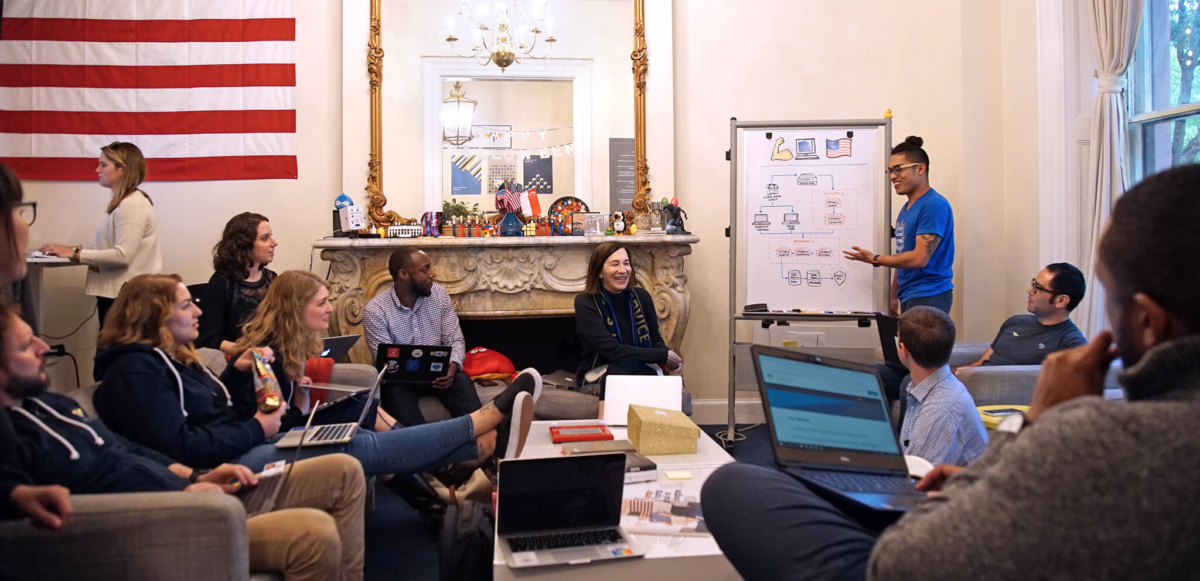
Sprints for America: Pairing Private Sector Tech with Public Sector Projects
05.5.21
Government has long struggled to import tech talent. Sprints for America could be a new answer to this challenge.
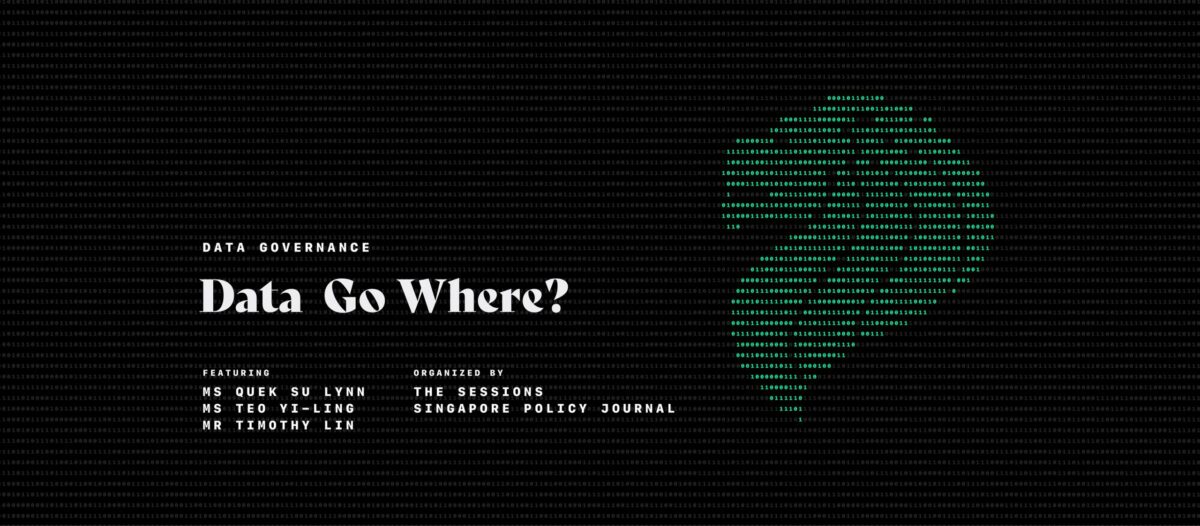
[Discussion Event] Data Go Where? Data Governance in Singapore
04.27.21
On March 25, the Singapore Policy Journal hosted its second virtual event of the Spring 2021 semester in collaboration with The Sessions from the NUS University Scholars Programme, titled “Data Go Where? Data Governance in Singapore.” The event included a short small-group pre-event discussion followed by a speaker panel featuring Quek Su Lynn (Director, Government Data Office), Yi-Ling Teo (Senior Fellow, Centre of Excellence for National Security at RSIS), and Timothy Lin (Co-Founder, Cylynx). In both the discussion and the Q&A with the speakers, a variety of ideas were discussed regarding data governance, and the participants were introduced to private and public sector perspectives of some of the challenges that consumers, companies, and the government face in a field that seems ever-growing.

[Reading Group] Collective Summary #3: Regulating Digital Technology — Challenges & Trade-offs
04.21.21
The following is the third of four collective summaries published by the Singapore Policy Journal’s reading group on Digital Technology. Each collective summary is a product of the topics discussed and the various research directions of the members of the reading group. The reading group comprises various individuals from multiple backgrounds, providing a multidisciplinary approach […]

[Reading Group] Collective Summary #2: The Foundations of Trust in a Digital Society
04.4.21
The following is the second of four collective summaries published by the Singapore Policy Journal’s reading group on Digital Technology. Each collective summary is a product of the topics discussed and the various research directions of the members of the reading group. The reading group comprises various individuals from multiple backgrounds, providing a multidisciplinary approach […]

In TraceTogether We Trust: Singapore’s Challenge with Data Governance and Ethics
04.2.21
Sarah Anderson and Lionel Oh highlight existing gaps in Singapore’s current legislative and bureaucratic structures for managing data and digital technology. They argue that these concerns extend past any single product or incident; because of the importance of building public trust in the government’s use of digital technology, transparency, privacy, and other ethical considerations should be a fixture of technology policy. The authors also provide recommendations on how these data ethics concerns might be addressed through augmented workstreams which introduce procedures and safeguards for government technology.

[Reading Group] Collective Summary #1: Do Citizens Dream of Smart Cities?
03.22.21
As the prevalence of digital technology looks set to become a mainstay in Singapore’s smart nation ambitions, what benefits and costs can we expect? What kind of future will that create, and what are some societal issues that must first be recognized and resolved before accepting such a future?
In the first of four collective summaries following SPJ’s reading group, Jonathan Cheng reviews the topics discussed in the inaugural session. The summary details the takeaways from the group, which comprises student participants from a range of academic backgrounds.



